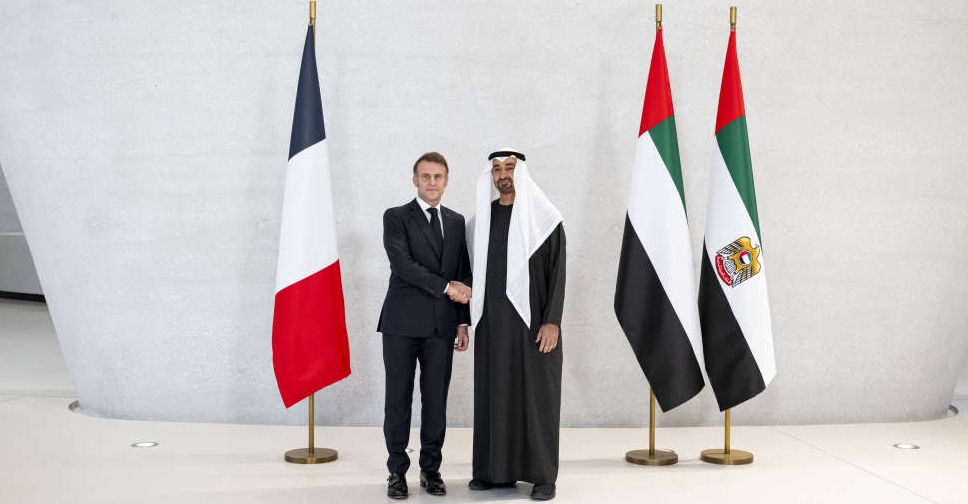
South Africa's former president Jacob Zuma, who spent only two months of a 15-month sentence in prison in 2021, was granted a remission approved by President Cyril Ramaphosa on Friday, avoiding a decision that could have sent him back to jail.
Zuma was jailed in July 2021 for defying a court order to appear at an inquiry into corruption.
He was released on medical parole after two months, but a court judgment upheld by the constitutional court found that decision unlawful. The head of South Africa's prisons service was due this week to announce whether he would return to jail. Friday's remission appears to make that decision moot.
Zuma's imprisonment in 2021 triggered violent protests in which over 300 people were killed, and there were fears that if he were sent back to jail there could be more rioting.
South Africa's national commissioner of correctional services, Makgothi Samuel Thobakgale, told reporters that Zuma had appeared for about an hour on Friday morning at the Estcourt correctional facility in his home province of KwaZulu-Natal (KZN) where he had been held in 2021.
He was subjected to "administrative processes" before the remission took effect.
Prisons officials will keep in contact with Zuma, as they do with other offenders released under the remission process, the commissioner added.
The country's biggest opposition party, the Democratic Alliance, said in a statement that it was planning a legal challenge against the decision to grant Zuma the special remission.
A spokesman for Zuma's foundation said that Zuma was at home consulting his legal team and that a statement could be issued later.
Zuma, 81, retains a loyal following in KZN and within parts of the governing African National Congress (ANC) party led by his successor Ramaphosa. He denies corruption allegations against him and has cast himself as the victim of a politically motivated witch-hunt by a faction in the ANC.
In a separate case still before the courts Zuma has pleaded not guilty to charges including corruption, fraud, racketeering and money-laundering over an arms deal in the 1990s.


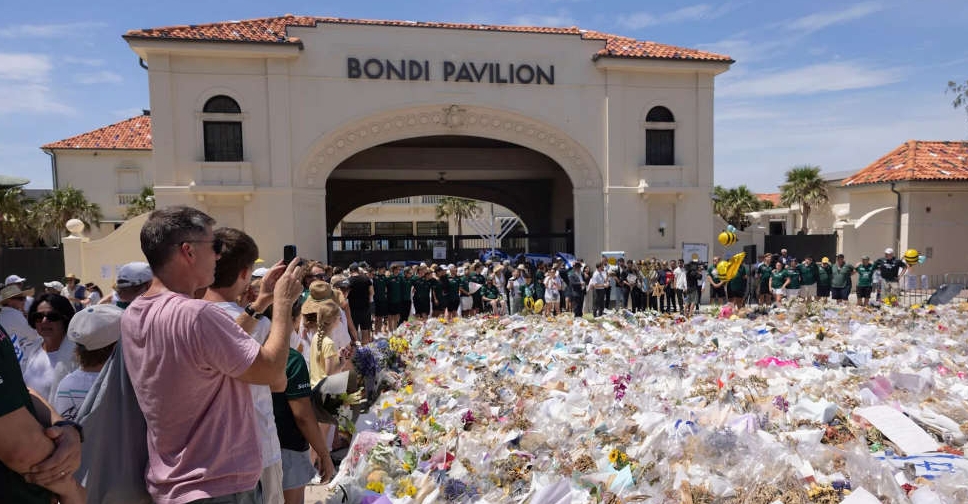 Australian PM booed as Bondi Beach attack victims honoured
Australian PM booed as Bondi Beach attack victims honoured
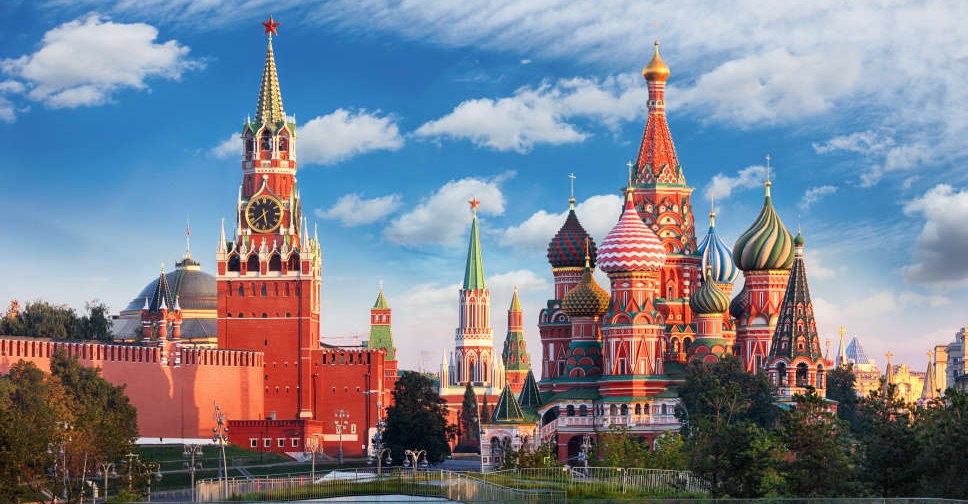 Kremlin: Revised US proposals don't improve peace outlook
Kremlin: Revised US proposals don't improve peace outlook
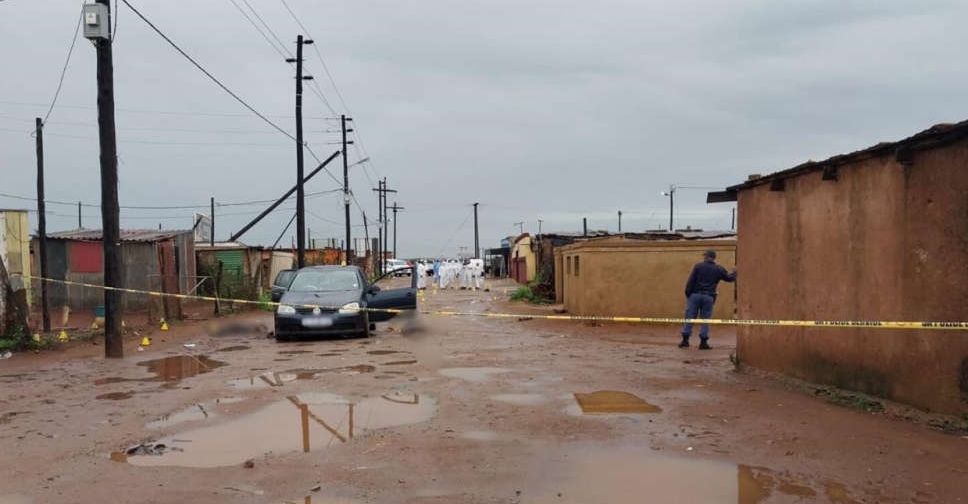 Nine killed, 10 injured in shooting in South Africa
Nine killed, 10 injured in shooting in South Africa
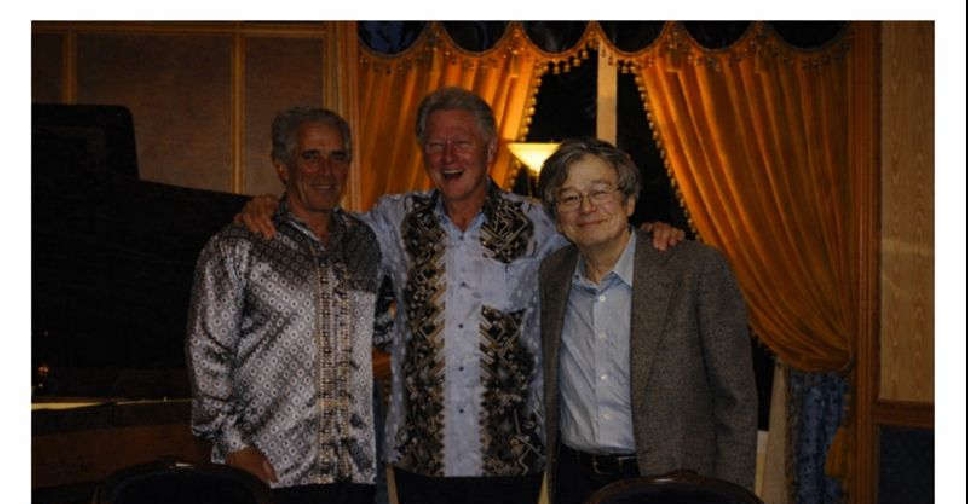 US Epstein files release highlights Clinton, makes scant reference to Trump
US Epstein files release highlights Clinton, makes scant reference to Trump
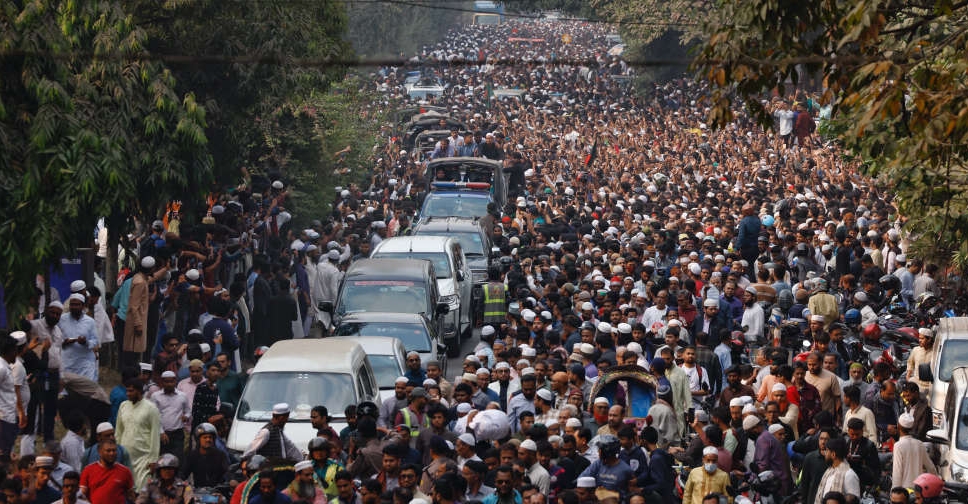 Bangladesh holds state funeral for slain youth leader amid tight security
Bangladesh holds state funeral for slain youth leader amid tight security
